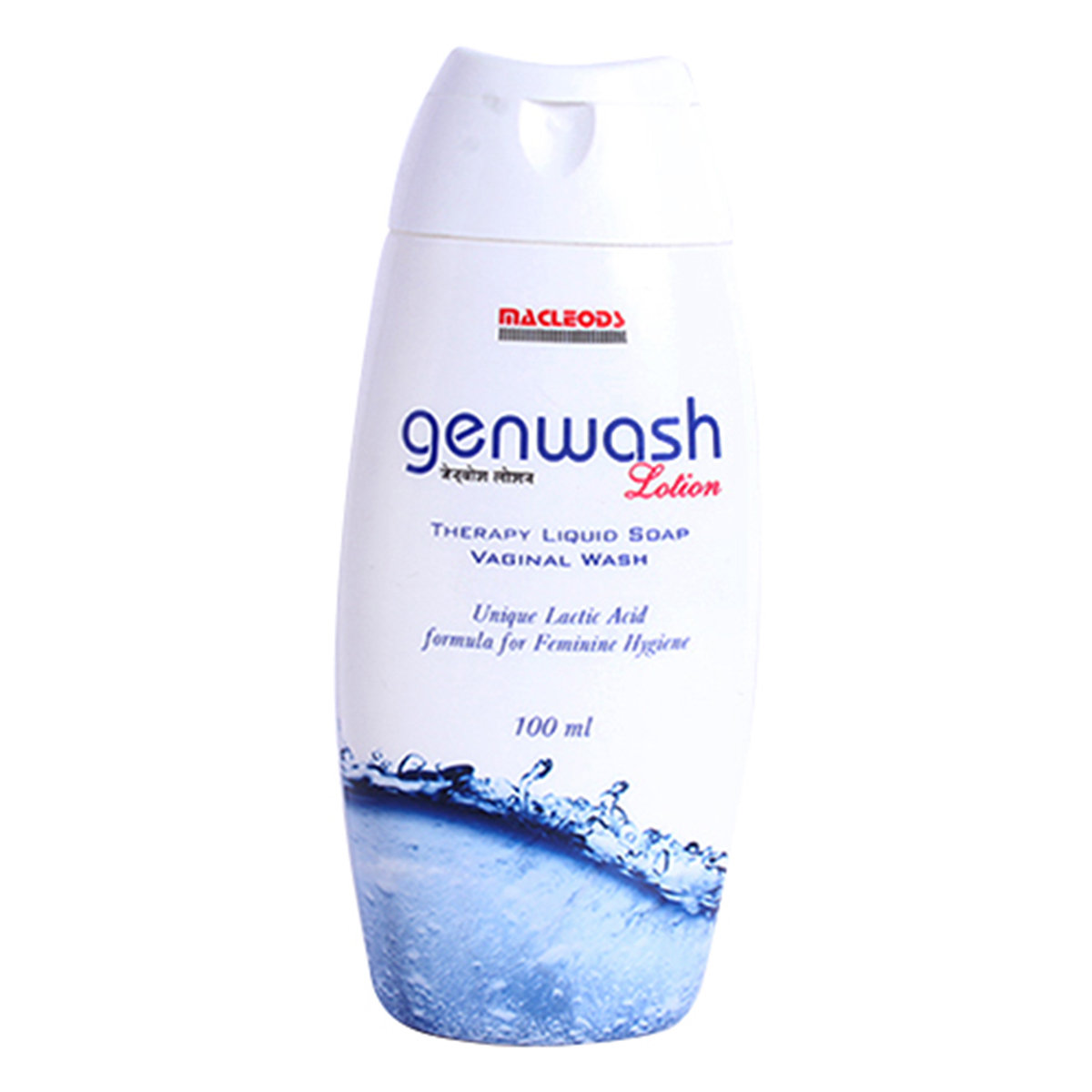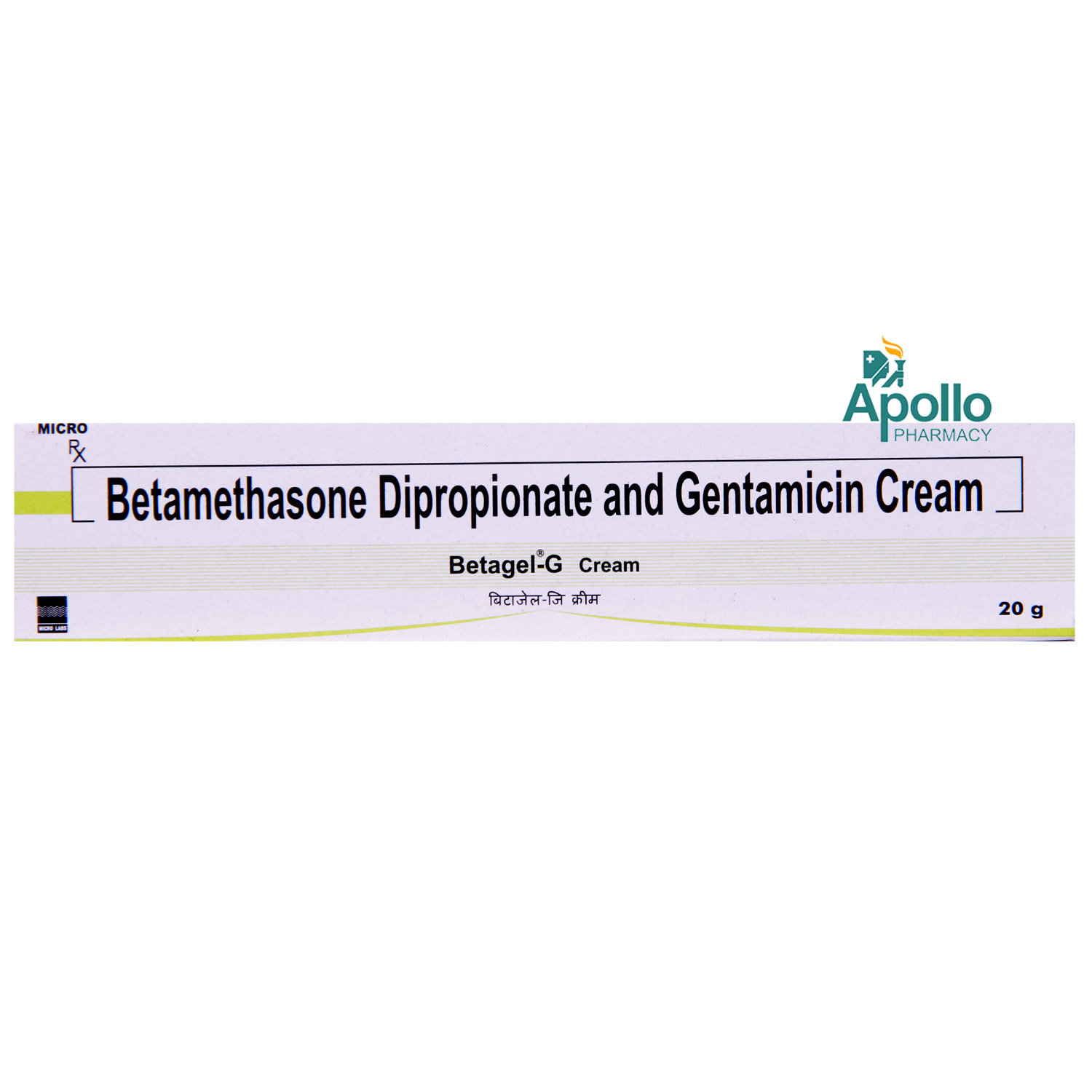Betamethasone+gentamicin
About Betamethasone+gentamicin
Betamethasone+gentamicin is a combination medicine of antibiotics and steroids used to treat bacterial skin infections. Bacterial skin infections include eczema (inflamed, itchy, cracked, and rough skin patches), psoriasis (uneven or bumpy red patches covered with white scales), and dermatitis (itchy inflammation of the skin). A bacterial infection is a condition in which harmful bacteria grow in the body and cause infection. It can infect any part of the body and multiply very quickly.
Betamethasone+gentamicin is a combination of two drugs: Betamethasone (corticosteroid) and Gentamicin (antibiotic). Betamethasone belongs to the class of corticosteroids, which blocks prostaglandins production (chemical messengers) that make the affected area red, swollen and itchy. On the other hand, Gentamicin is an aminoglycoside antibiotic that prevents the synthesis of essential proteins required by the bacteria to carry out vital functions. It has broad-spectrum activity against aerobic Gram-positive and Gram-negative bacteria.
You are advised to use Betamethasone+gentamicin for as long as your doctor has prescribed it for you, depending on your medical condition. Avoid contact of Betamethasone+gentamicin with the nose, ears, mouth or eyes. In case Betamethasone+gentamicin comes in contact with these areas accidentally, rinse with water thoroughly. You may sometimes experience itching, irritation, or burning sensation at the application site. Most of these side effects of Betamethasone+gentamicin do not require medical attention and gradually resolve over time. However, if the side effects persist or worsen, please consult your doctor.
If you are pregnant or breastfeeding, please inform your doctor before using Betamethasone+gentamicin. Apply Betamethasone+gentamicin with caution near the eyes as Betamethasone+gentamicin may lead to glaucoma if it gets into the eye. Do not cover or wrap the treated area with bandages unless advised by your doctor. Avoid smoking or going near naked flames as the fabric (bedding, clothing, dressings) in contact with Betamethasone+gentamicin catches fire and burns easily, which is a serious fire hazard.
Uses of Betamethasone+gentamicin
Medicinal Benefits
Betamethasone+gentamicin is a combination of two drugs, Betamethasone and Gentamicin, which reduce swelling, itching, and redness caused due to bacterial skin infections. Betamethasone is a corticosteroid that blocks prostaglandins' production (chemical messengers), making the affected area red, swollen, and itchy. Betamethasone effectively treats inflammation and itchiness. Gentamicin is an aminoglycoside antibiotic that prevents bacteria from synthesising essential proteins required by bacteria to carry out vital functions. Collectively, Betamethasone+gentamicin used to treat various bacterial skin infections, such as eczema (inflamed, itchy, cracked, and rough skin patches), psoriasis (skin cells multiply rapidly to form bumpy (uneven) red patches covered with white scales), and dermatitis (itchy inflammation of the skin).
Directions for Use
Storage
Side Effects of Betamethasone+gentamicin
- Mild irritation
- Itching of the skin
- Dry skin
- Skin redness
- Burning sensation at the site of application
Drug Warnings
Do not use Betamethasone+gentamicin if you are allergic to Betamethasone, Gentamicin, or other medicines. If you are pregnant or breastfeeding, please inform your doctor before taking Betamethasone+gentamicin. Do not use Betamethasone+gentamicin on children unless prescribed by the doctor. Do not wrap or cover the treated area with bandages unless advised by your doctor, as it may increase the risk of side effects. Do not use Betamethasone+gentamicin in more than prescribed doses or on a large area of skin for a longer duration, as it may cause side effects and makes skin more sensitive to Betamethasone+gentamicin. Do not swallow Betamethasone+gentamicin. In case of accidental swallowing, please consult a doctor. If you have acne, perioral dermatitis (redness and swelling of the skin around the mouth), rosacea (redness and often red, small, pus-filled bumps on the face), glaucoma, cataracts, ear or eye infections due to fungus, a hole in the eardrum, syphilis (a bacterial infection), chickenpox or sores, athlete’s foot, broken veins or skin ulcers, tuberculosis, please inform your doctor before taking Betamethasone+gentamicin.
Drug Interactions
Drug-Drug Interaction: No interactions found.
Drug-Food Interaction: No interactions found.
Drug-Disease Interaction: No interactions found.
Drug-Drug Interactions Checker List:
Safety Advice

Alcohol
cautionInteraction of Betamethasone+gentamicin with alcohol is unknown. Please consult your doctor before consuming alcohol while using Betamethasone+gentamicin.

Pregnancy
cautionIf you are pregnant, consult your doctor before using Betamethasone+gentamicin.

Breast Feeding
cautionIf you are breastfeeding, consult your doctor before using Betamethasone+gentamicin. Do not apply Betamethasone+gentamicin on the breast.

Driving
safe if prescribedBetamethasone+gentamicin may not affect your driving ability.

Liver
safe if prescribedIf you have any concerns regarding the use of Betamethasone+gentamicin in patients with liver problems, please consult your doctor.

Kidney
safe if prescribedIf you have any concerns regarding the use of Betamethasone+gentamicin in patients with kidney problems, please consult your doctor.

Children
cautionBetamethasone+gentamicin should be used with caution in children if prescribed by a doctor.
Habit Forming
Diet & Lifestyle Advise
- Eat foods rich in quercetin (a flavonoid), such as apples, cherries, broccoli, spinach and blueberries.
- Consuming food rich in probiotics helps in developing the immune system against allergies.
- Limit intake of food that might trigger allergies, such as dairy products, soy, eggs, and nuts.
- Avoid the consumption of foods with excess sugar, as it may flare up inflammation.
- Include fruits, vegetables, whole grains, healthy fats, and fish.
- Avoiding getting in contact with harsh soaps, detergents and rough fabrics.
Special Advise
- Please consult a dermatologist if the symptoms persist or worsen after using Betamethasone+gentamicin for 1 month.
- Do not use Betamethasone+gentamicin on dressing, band-aids, and make-up unless told by the doctor.
Patients Concern
Disease/Condition Glossary
Bacterial skin infection: This is a skin condition in which the immune system becomes triggered and disordered, causing inflammation, dry skin, itching, and a skin rash that appears purple or grey or red. Eczema is caused due to change in the gene, which forms filaggrin (protein). This protein gets damaged due to the bacterial infection damaging the skin barrier, allowing bacteria to cause dry, itchy, and allergic skin.
FAQs
Betamethasone+gentamicin contains Betamethasone and Gentamicin. Betamethasone belongs to the class of corticosteroids that act inside skin cells and inhibit the release of certain chemical messengers in the body that cause redness, itching and swelling. Gentamicin is an antibiotic class that inhibits the production of essential proteins necessary for bacteria to grow, multiply, and increase in numbers. Thereby, it stops the growth of bacteria without killing them directly. Then the bacteria eventually die, or the immune system destroys them and prevents further bacterial infection growth.
You are recommended to cover the treated area of the skin with bandages or dressings only if advised by your doctor. Covering treated areas can increase the amount of medicine absorbed through your skin and may cause harmful effects. However, please consult a doctor before covering the skin with bandages.
No, Betamethasone+gentamicin is not used to treat diaper rash as using Betamethasone+gentamicin under your child’s nappy enables Betamethasone+gentamicin to pass through the skin easily and cause adverse effects. However, please consult a doctor before using Betamethasone+gentamicin in children.
Betamethasone+gentamicin should be used with caution in diabetic patients as Betamethasone+gentamicin contains Betamethasone (corticosteroid). Generally, steroid medicines may increase blood sugar levels. Therefore, inform your doctor if you have diabetes before using Betamethasone+gentamicin so that the dose may be adjusted appropriately.
No, Betamethasone+gentamicin is not recommended to treat acne as it may worsen the condition. Betamethasone+gentamicin is only used to reduce itching, swelling, and redness caused due to certain skin diseases such as psoriasis, eczema or dermatitis. However, please consult a doctor before using Betamethasone+gentamicin.







